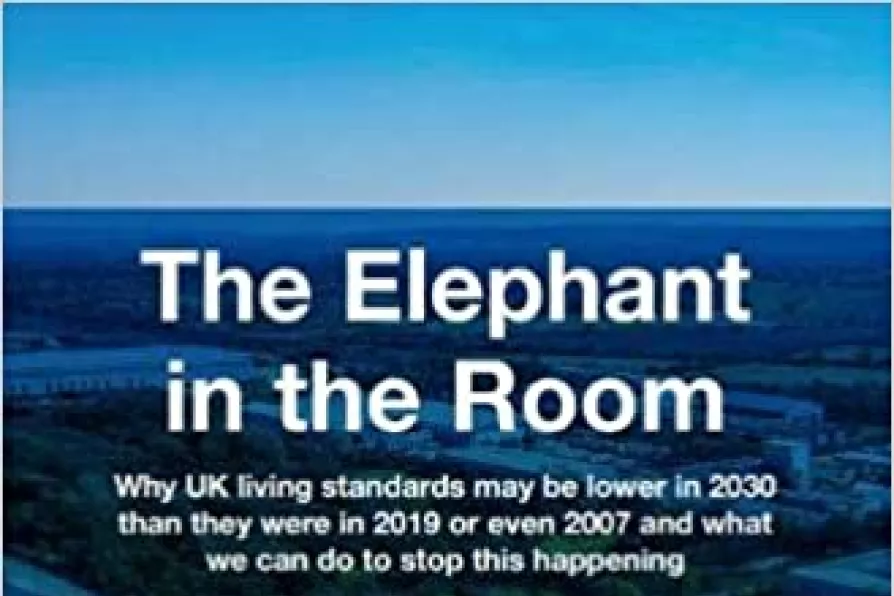New releases from Van Morrison, Tyler Ballgame, and Dry Cleaning


The elephant in the room: why UK living standards may be lower in 2030 than they were in 2019 or even 2007 and what we can do to stop this happening
by John Mills
Civitas £10
The virus crisis has taught us that we need to move towards greater self-sufficiency — or would we rather continue to depend on China for personal protective equipment, for 5G communications and for nuclear power stations?
We have deindustrialised more than any comparable country, damaging jobs, regional balance and productivity.
The share of our GDP coming from manufacturing has fallen from a third in 1970 to less than a tenth now. We invest a falling share of GDP in machinery and equipment — only 2.8 per cent, down from 3.6 per cent in 2008.

Under current policy, welfare cuts are just a small downpayment on future austerity, argues MICHAEL BURKE

The US president’s universal tariffs mirror the disastrous Smoot-Hawley Act that triggered retaliatory measures, collapsed international trade, fuelled political extremism — and led to world war, warns Dr DYLAN MURPHY












